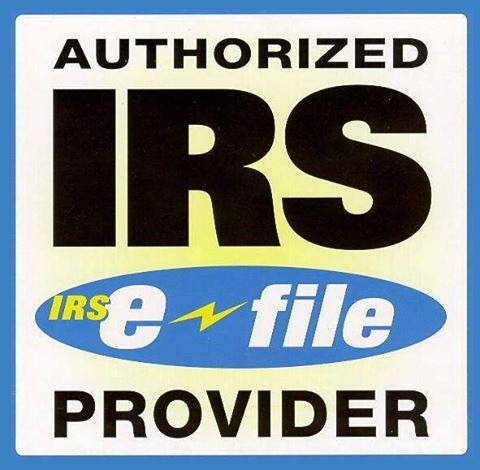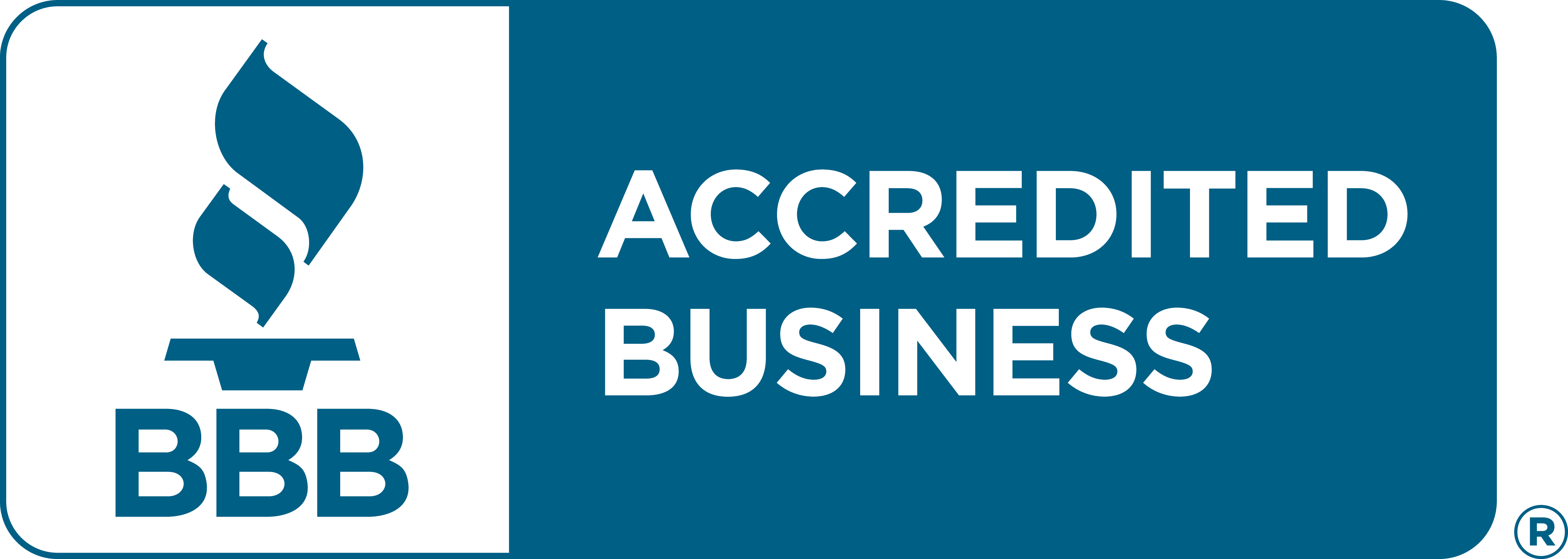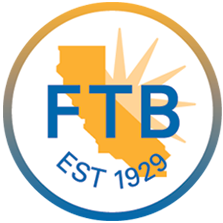Massachusetts State Filing Requirements
If you're operating a nonprofit in Massachusetts, you must stay compliant with state-specific filing and registration requirements.
Required Non-profit Forms
Non-profits in Massachusetts are required to complete several forms as part of their compliance obligations.
| Secretary of State Forms | Attorney General Forms | Tax Forms | Federal Forms (Required for State Compliance) |
|---|---|---|---|
|
State Filing Requirements for Non-Profits
Massachusetts nonprofits must meet key state filing requirements, overseen by the Attorney General’s Office (AGO) and the Secretary of the Commonwealth:
- Incorporation - File Articles of Organization with the Secretary of the Commonwealth to establish the nonprofit.
- Charitable Registration – Register with the AGO’s online Charity Portal before operating or soliciting donations
- Annual Filing – Submit annual financial reports to the AGO detailing finances and activities.
- Tax Filings – File state tax documents with the Department of Revenue (DOR) if required.
- Amendments – Report changes to governing documents, leadership, or other key details to state agencies.

Tax Exemption Requirements
- File Form PC with the Massachusetts Attorney General's Office (Non-Profit Organizations/Public Charities Division).
- Apply for Sales Tax Exemption Certificate (ST-2) to the Massachusetts Department of Revenue for exemption from sales tax.
- Apply for exemption via Form 1023 or 1024 for federal 501(c)(3) status.
- Apply for state corporate excise tax exemption via Form M-4.
- Must register and renew with the Division of Public Charities for fundraising.
Filing Deadlines for Non-Profit Forms
Adhering to filing deadlines is essential to avoid penalties and maintain compliance.
Below are the key deadlines for non-profit filings in Massachusetts:
| Secretary of State Deadlines | |
|---|---|
| Annual Report | Due on or before November 1st of each year |
| Articles of Amendment | Due within 60 days of the vote adopting the amendment |
| Article of Organization | Must be filed before the non-profit entity can be legally established. |
| Attorney General Deadlines | |
|---|---|
| Form PC (Annual Filing) | 4.5 months after the end of a charity's fiscal year |
| Initial Charity Registration | Before soliciting or receiving funds as a public charity incorporation |
| Tax Forms Deadlines | |
|---|---|
| Form M-3 - Reconciliation of Massachusetts Income Taxes Withheld for Employers | January 31 |
| Federal Deadlines | |
|---|---|
| Form 990 Series | Due on the 15th day of the 5th month after the organization's accounting period ends Example: For calendar year organizations, Form 990 is due by May 15 |
| Form 1023/1023-EZ | Must be filed within 27 months of incorporation to receive retroactive exemption to the date of incorporation |
Registration & Annual Filing (Non-Profits)
To operate legally as a non-profit in Massachusetts, organizations must file the Articles of Organization and pay the filing fee ($35 by mail, $41 if filing online or by fax).
Initial Registration
1. Formation of a Non-Profit Corporation
With the Secretary of the Commonwealth: File Articles of Organization and pay the required fee.
2. Appoint a Registered Agent
A registered agent is responsible for receiving legal and official notices on behalf of your organization.
3. Obtaining an EIN
After incorporating with the state, you will need to obtain an Employer Identification Number (EIN) from the IRS.
4. Initial Charity Registration (Attorney General's Office)
Registration with the AGO is required before the organization can commence operations or begin soliciting funds within Massachusetts.
Attach copies of:
- Articles of Organization
- Bylaws
- IRS Determination Letter (if available)
- List of officers and directors
5. Applying for Federal Tax-Exempt Status
File Form 1023 or Form 1023-EZ, along with the required filing fee.
Annual Filing Requirements
1. Filing the Annual Report
Domestic non-profit corporations must file their Annual Report with the Corporations Division by November 1st each year.
2. Filing Form PC and Attachments
Registered charities are required to file Form PC annually through the AGO's online Charity Portal.
3. Filing IRS Form 990
Tax-exempt organizations must file the appropriate IRS Form 990 series return annually with the Internal Revenue Service. The deadline is generally the 15th day of the 5th month after the end of your fiscal year.
4. Keep Corporate Records
Maintain proper corporate records, meeting minutes, and financial records as required by Massachusetts nonprofit corporation law.
5. Renew charitable organization
registration (if applicable) If your nonprofit solicits donations, renew your charitable registration with the appropriate state agency.












